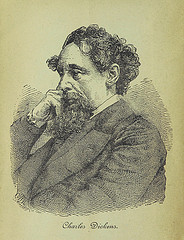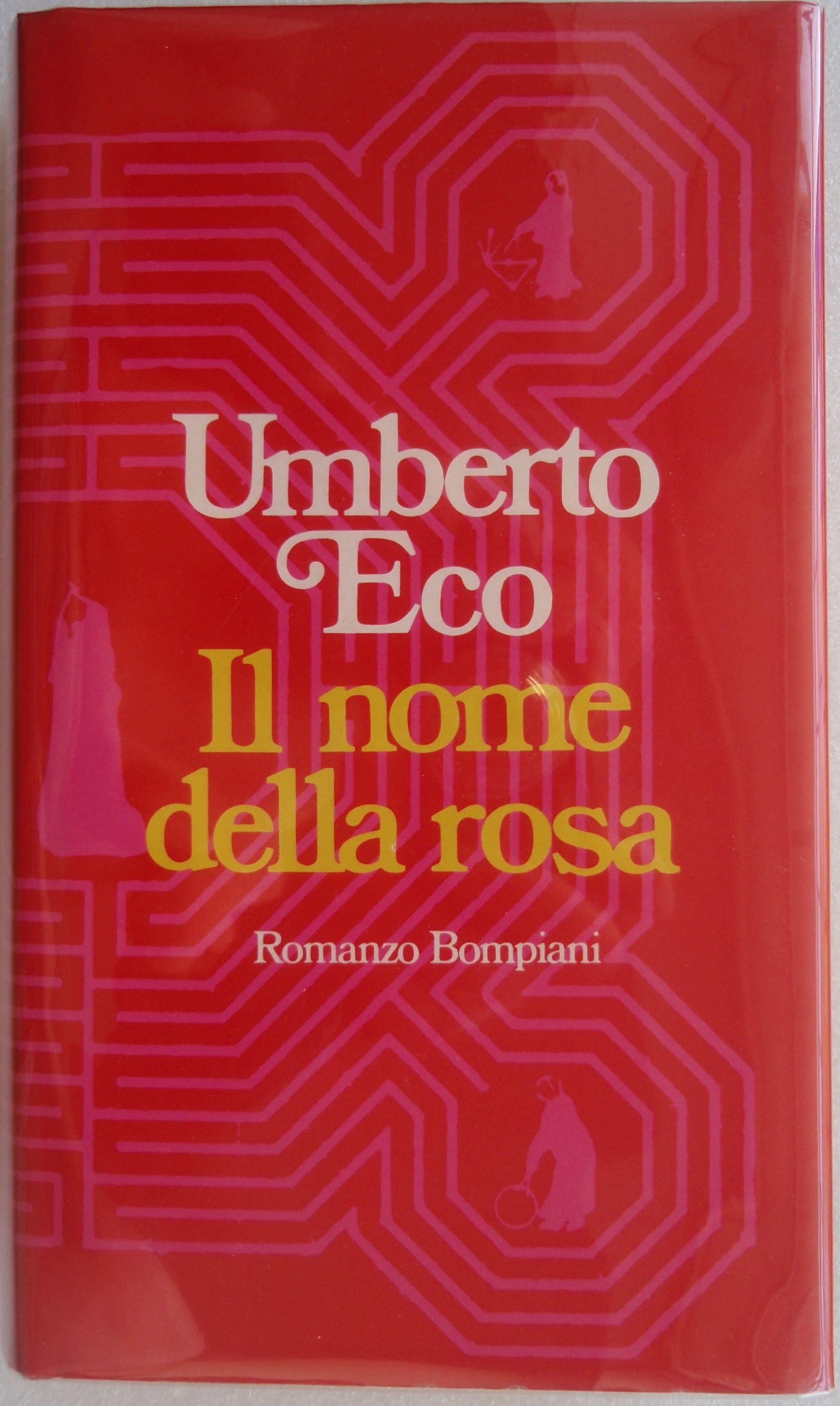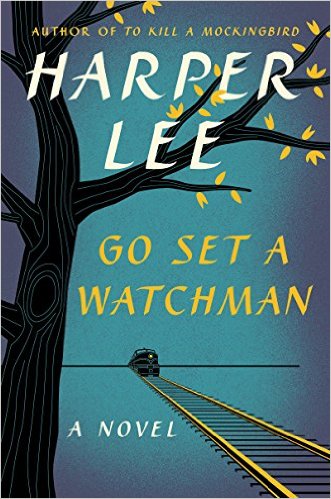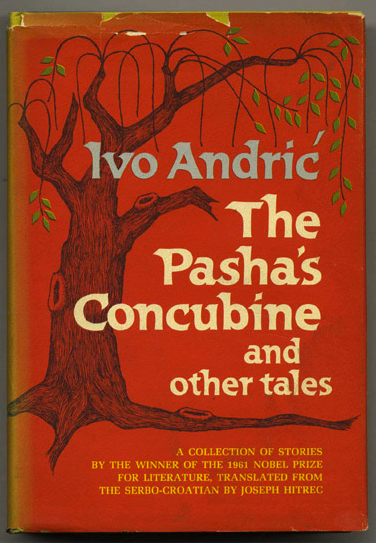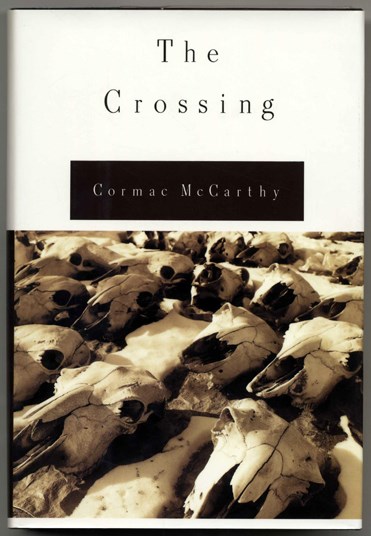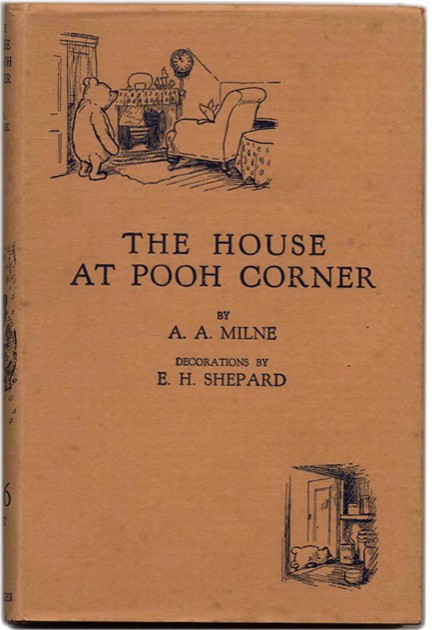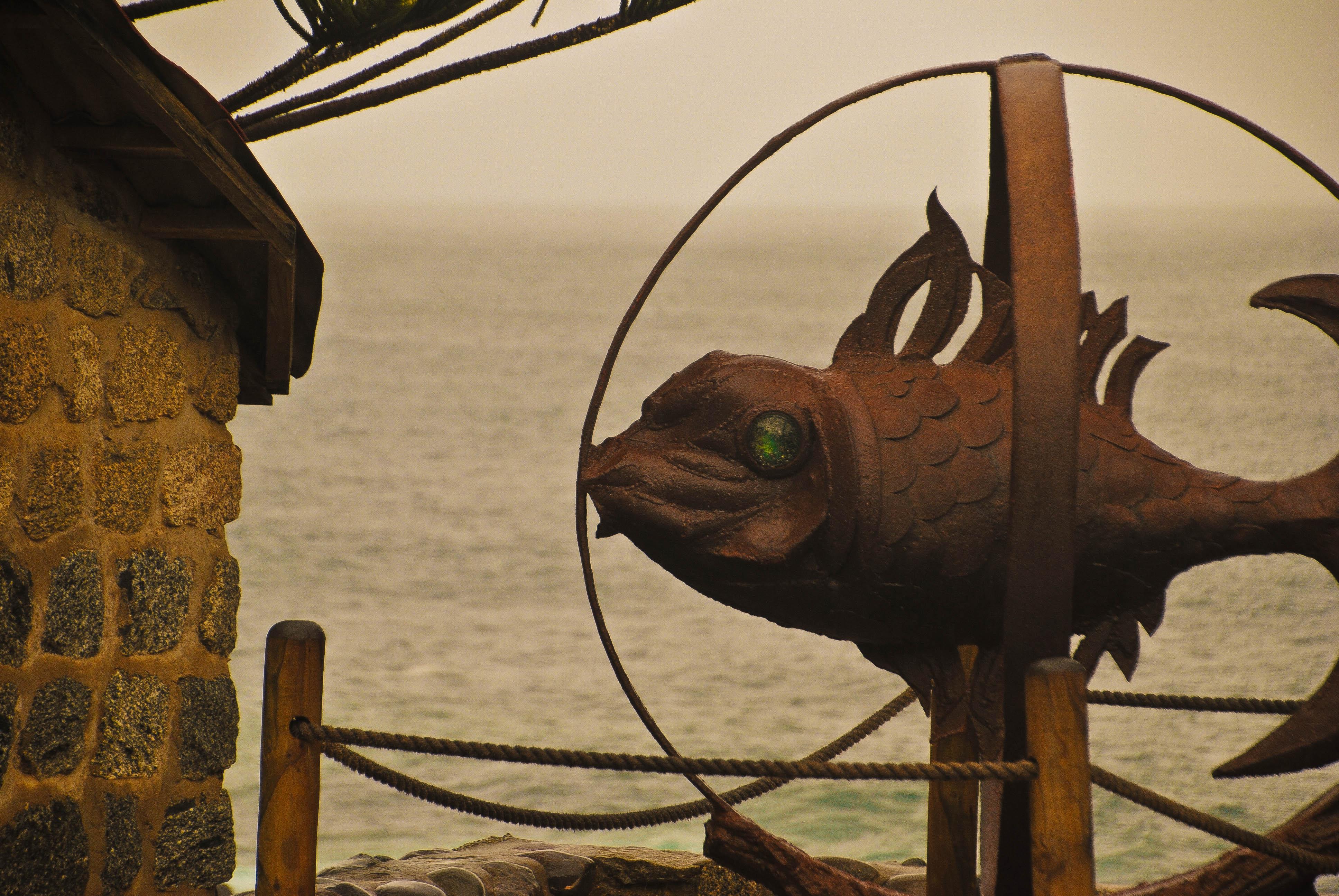“No one in this world,” wrote H.L. Mencken in 1926, “has ever lost money by underestimating the intelligence of the great masses.” This dictum may reek of an under-appreciated artist’s elitist disappointment, but there is perhaps some truth to it. Surely today, if you would like to make money, you are better off making a superhero movie than writing the next Mrs. Dalloway. It is risky, in the end, to be a genius. It is much safer to cater to the general tastes of a people than to be original, which can be alienating and inaccessible to the audience of one’s own time. In the world of creativity, the maverick risks being a true starving artist: although praised in death, she is spurned in life.
Below, we’ve compiled a list of poor authors who were able to write great work in times of financial scarcity.




